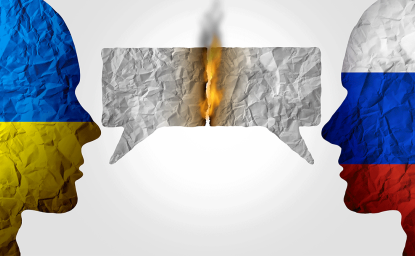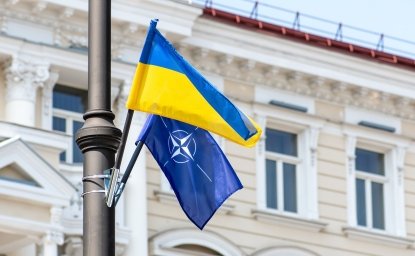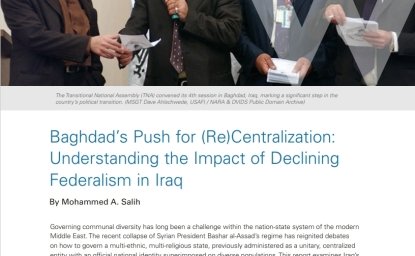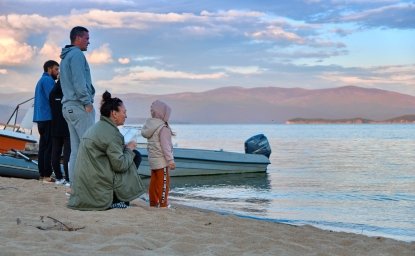The Latest
After weeks of spiraling violence, Haitian Prime Minister Ariel Henry finally agreed to resign. The decision comes on the heels of an emergency meeting of CARICOM, the regional intergovernmental organization that is a political and economic union of 15 member states. The meeting also included representatives from the US, Canada, and the European Union. Wilson Center Chief of Staff Eddy Acevedo provides insight into the crises in Haiti. He comments on the importance of choosing transitional leaders that have legitimacy with Haitians, the gang leaders who are on the brink of taking power, the impact the crisis will have on migration, and the importance of establishing security in order for free elections to eventually be held.
Prime Minister Henry says he will resign once a transition council and temporary replacement have been appointed.
Video Transcript
-
Ariel Henry Agrees to Resign; Haiti Still in Chaos
Guest
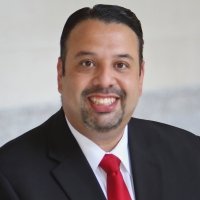

Latin America Program
The Wilson Center’s prestigious Latin America Program provides non-partisan expertise to a broad community of decision makers in the United States and Latin America on critical policy issues facing the Hemisphere. The Program provides insightful and actionable research for policymakers, private sector leaders, journalists, and public intellectuals in the United States and Latin America. To bridge the gap between scholarship and policy action, it fosters new inquiry, sponsors high-level public and private meetings among multiple stakeholders, and explores policy options to improve outcomes for citizens throughout the Americas. Drawing on the Wilson Center’s strength as the nation’s key non-partisan policy forum, the Program serves as a trusted source of analysis and a vital point of contact between the worlds of scholarship and action. Read more


